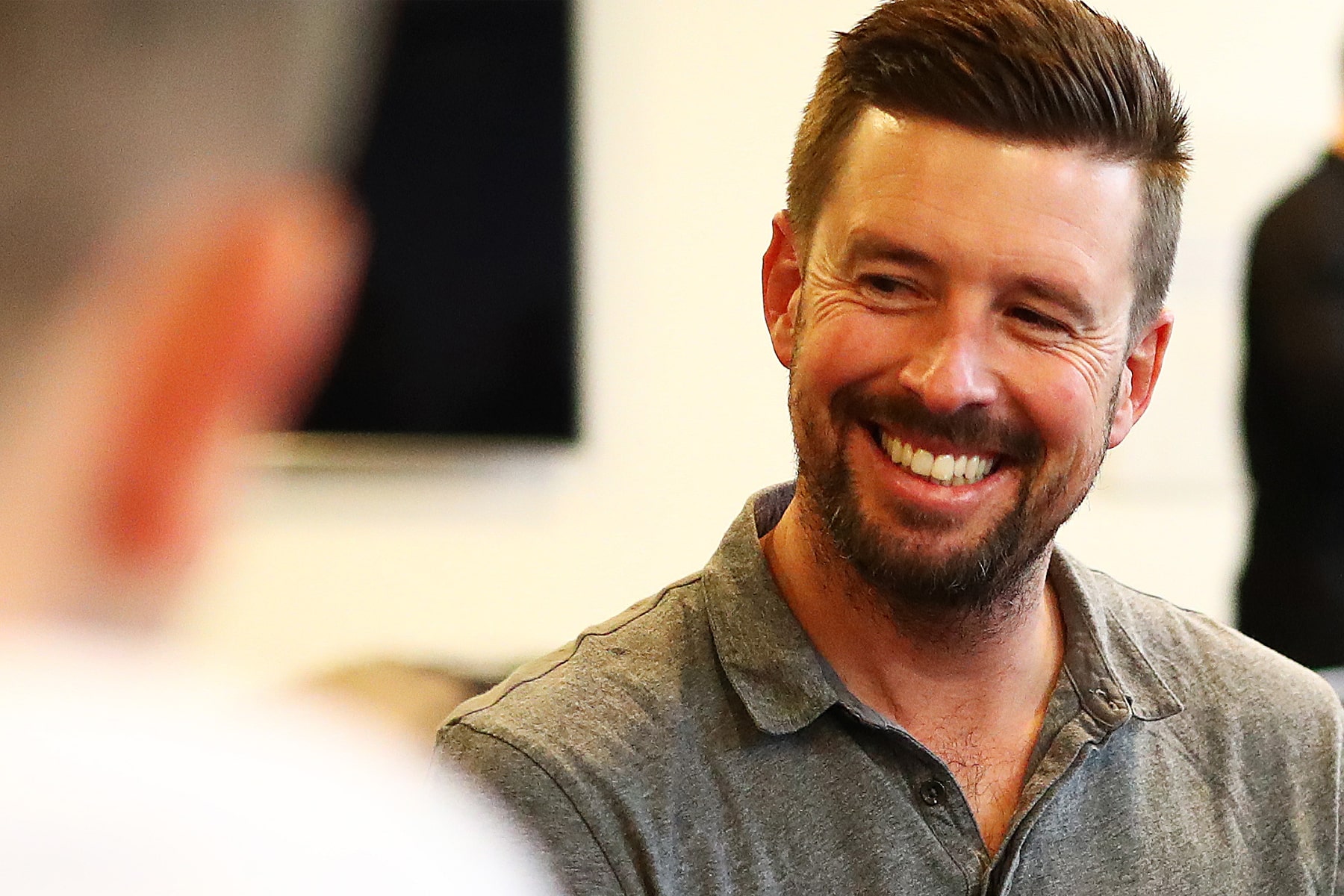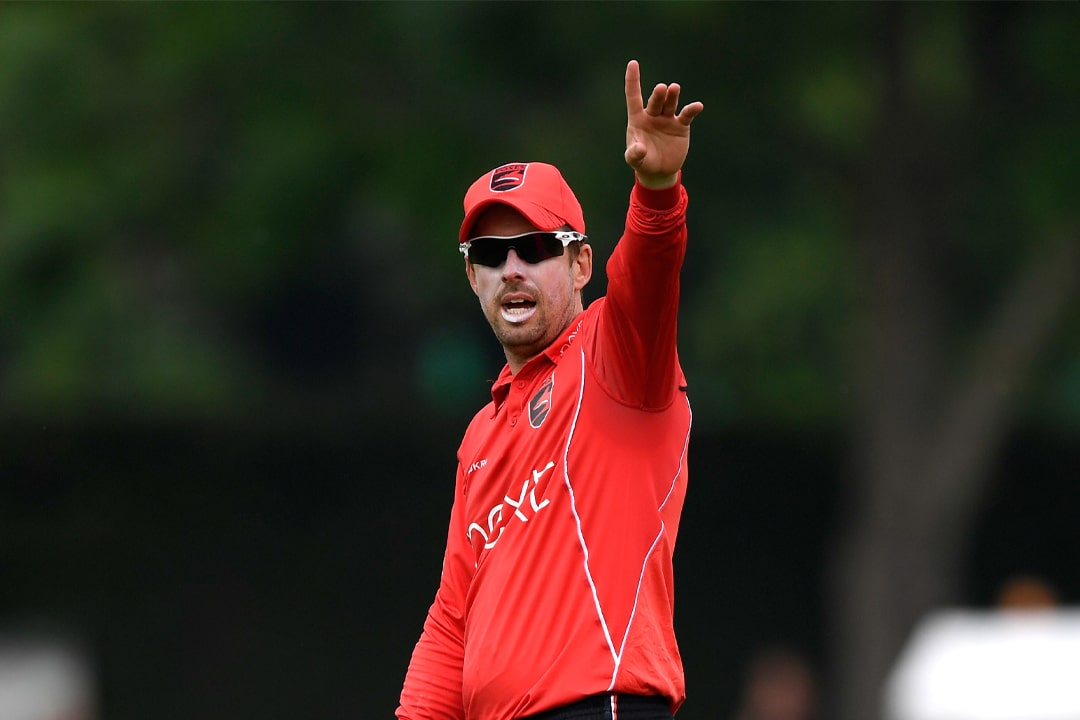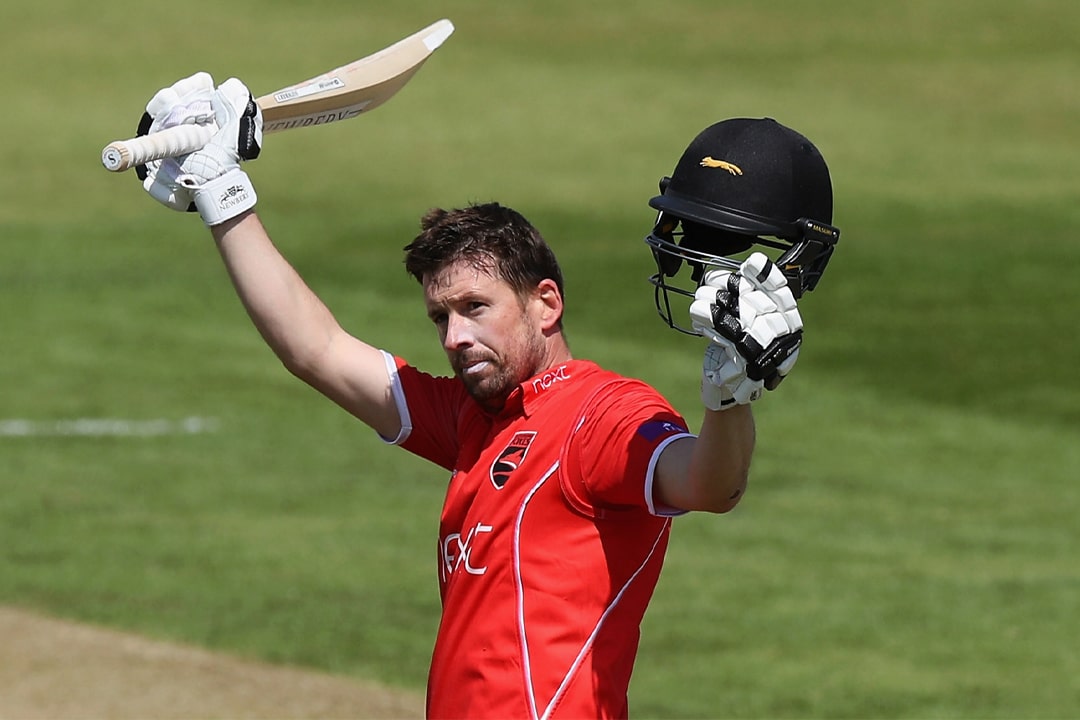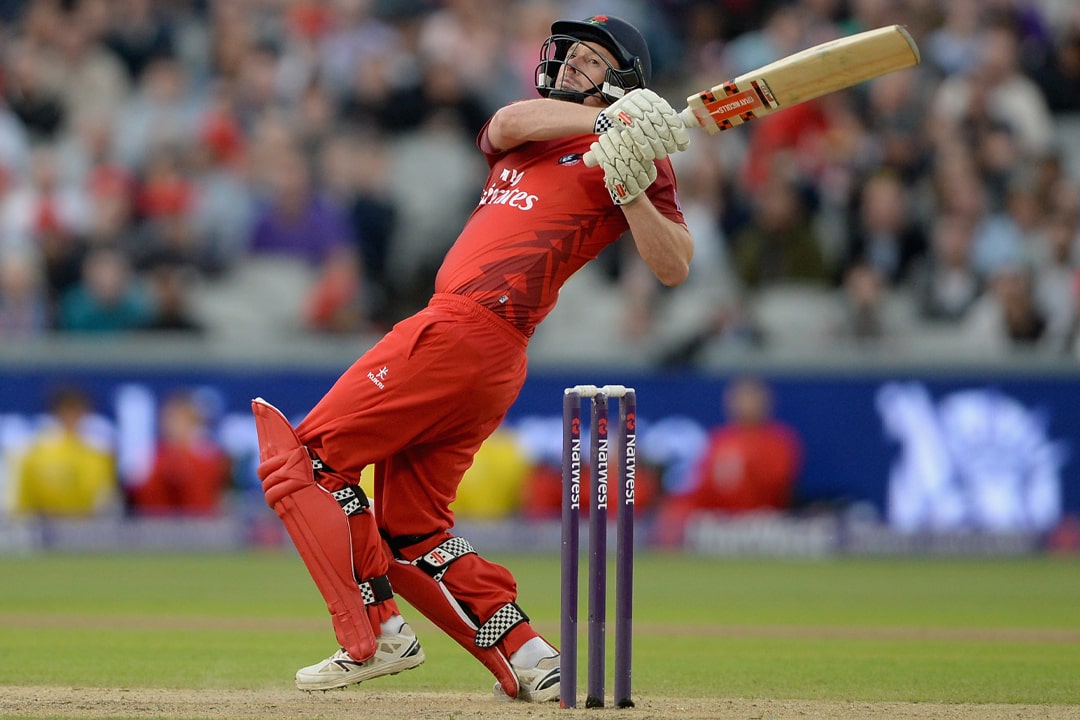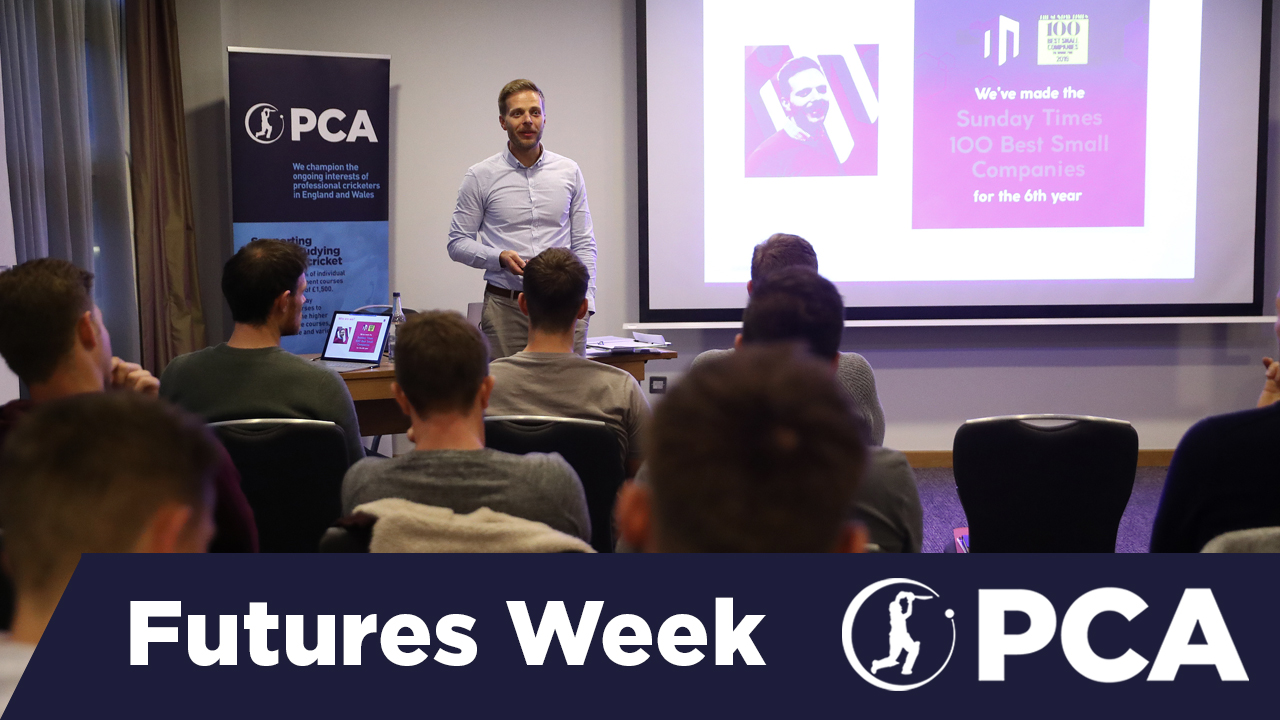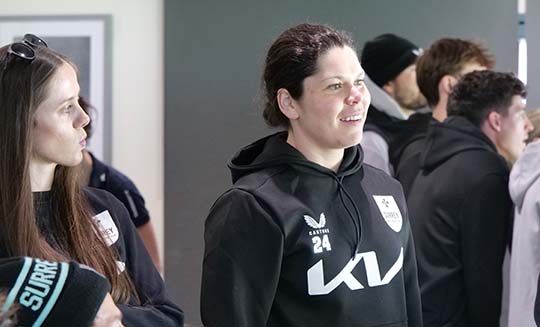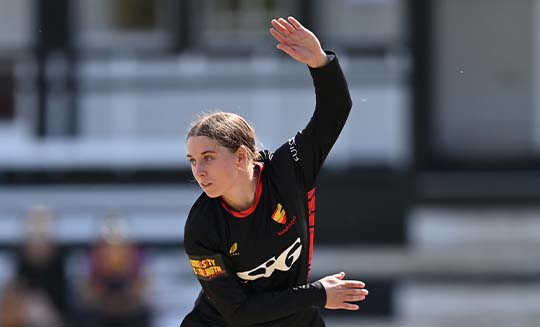PCA PRESS RELEASE
Former Foxes skipper on his successful transition into new business role.
To see more articles, click here
After 19 years in the professional game, former Leicestershire captain Paul Horton has spoken to the PCA about beginning his new journey in the world of business.
Horton, who also skippered Lancashire during a career which saw him score nearly 17,000 runs across all formats, has previously put the building blocks in place for life after cricket by taking on an ongoing Master’s in Sport Directorship at Manchester Metropolitan University.
Studying the degree during the final two years of his playing career, he hung up his boots in October 2020 shortly before accepting a job at renewable logistics firm TRAILAR.
PCA Lead Personal Development Manager Charlie Mulraine recently caught up with Horton to reveal his thoughts on leaving the game after such a long career, how he plans to stay in touch with the game and what he recommends young players do to prepare for life after cricket…
- Tell us about the company you’re now working for and what your specific responsibilities are within the role.
- TRAILAR is a solar transport logistics company working within that sector. Originally it was a subsidiary of DHL but it is now owned by itself after a management buyout. I joined the commercial team at TRAILAR initially in a business development role to help out on the commercial side and bring in the revenue needed to move the business forward.
- I recently changed into more of an account management role after being with the business for two months. I essentially bring in new business as well as managing existing business accounts, working in a commercial team aiming to bring in over £6,000,000 worth of revenue in 2021. It’s a fast-moving environment with an ever-changing dynamic.
- Did you join the business quite shortly after its inception?
- The idea was created four or five years ago, and it’s been a company since 2018. However, the business only went from being a subsidiary to a standalone company a matter of days ago. I’ve been in the business two months and my role has already changed, so it’s very fast moving. It’s exciting because I’m a part of something that’s growing and as part of my role I have to be involved across all areas of the business and throughout all steps of the process. It’s a really great environment to learn in.
- You seem to have had the ideal transition of moving into a new role very shortly after finishing playing. How did you make that possible?
- It came about through a conversation with a contact of mine who I knew from club cricket. He asked me what my intentions were after leaving the game and he invited me into his business to see whether I’d like to be a part of it. It went from there and I spent some time learning about the business before taking the role. I decided it was an opportunity I wanted to take so I then accepted the offer.
- Can you talk me through some of the things you’ve done over the past few years in the lead-up to this role?
- Like a lot of professional athletes, I have an interest in property so I did some work experience with a development company up in Scotland to see what that world was like. I also did some work with retail company Kingfisher, both of these being during the past two years or so.
- I would advise anyone playing the game to go and do that because I found it invaluable to find out what skills were needed and what I did and didn’t like. That means you can come back and focus on the game but also upskill in your downtime – I did most of my work experience over the winter. Those experiences helped me to understand where I wanted to go after cricket.
- And you’ve backed that up with some formal qualifications as well, having nearly finished your Master’s in Sport Directorship?
- I started the master’s at Manchester Metropolitan University two years ago, partly because I wanted a challenge but also because I wanted to understand more about business and that side of sport because I think there’s real value in it for me moving forward. That journey allowed me to mix with people in administrative roles in sport, and grow as an individual whilst also achieving my own goals. I’m not far away from completing my dissertation, which I will be very proud of since I didn’t do an undergraduate degree.
- Did you ever have any doubts about your ability to complete the master’s?
- I had a lot of doubts which continued throughout the course – I grew in confidence as it developed. I was in a room with people in high worth positions from big sporting companies. I felt overawed just being a player, but grew in terms of confidence and what I could offer. Every time I handed in a piece of work I got better and better and I’ve managed to get through it, but I’ve still got to tick off the last hurdle which is the dissertation. It’s been a wonderful experience.
- Do you think that qualities you developed as a professional cricketer helped you to tackle life challenges outside of sport?
- To be honest, I didn’t feel like I was outside of my comfort zone when I was playing cricket. Sitting in a commercial meeting and running through spreadsheets are examples of things that are outside of my comfort zone, as well as the master’s degree which we’ve previously spoken about.
- When you do these things, you realise that they are uncomfortable but that your experience as a professional sportsperson gives you a unique perspective on things. You’re punctual, driven, results-orientated, all those things a sportsperson has to be, and that really allows you to go through the gears in business. You’re willing to do things that other people might not and you can cope with certain stresses and pressures.
- How have you adapted to not playing cricket? Has it sunk in?
- I don’t think it has sunk in. It’s a slow journey that I’m still on. I didn’t really miss out on a massive amount of cricket last year with everything that happened, and I haven’t had a season where I haven’t been involved. It’s only this season when I’ll begin to have that realisation that the fixture list has nothing to do with me. I’m still going to play club cricket and be part of a team that wants to win and enjoy the same things that Leicestershire did, just at a different level. I’m on a journey and I don’t know how I feel about it just yet.
- Do you think there’s anything that all players should be doing or do you think it’s up to each individual to decide how they’re going to prepare for life after cricket?
- Having been through that journey and listened to older players saying you need to do personal development, you just don’t really absorb it as a young player. As a cricketer, you need to find a balance. You do need to travel the world and play, but there’s also times where you can get work experience – there’s more to life than being a professional cricketer.
- It can be all-consuming when you’re involved in it, and when you’re out of it you just realise that there’s so much more out there. My advice would just be to take every opportunity. That time between the end of the season and Christmas should be used for personal development – I really don’t see any downsides to doing it.
PCA VIDEO
Future's bright for PCA members
Professional cricketers past and present discuss importance of planning ahead...
